Growing up, I’ve always been different. I didn’t feel different per se; I just was. And in my world, “different” wasn’t bad. As a child model, I was typically the only one with big, curly hair. My parents never made it seem like a bad thing. Quite the opposite. They celebrated it with words of affirmation, letting me know I was beautiful and special. These were the experiences through which I shaped my personal boundaries and the world around me.
It wasn’t until someone with whom I was in a relationship challenged me on an overseas trip that I began to question my perspective. Some guys of a different race asked to touch my hair, and I said yes. My significant other suggested they were mocking and ridiculing me and my culture. He felt I was being naive for not recognizing that. Should I have been offended? Had I been wrong all my life? It was then that I started to process and seriously consider what it means to have personal boundaries regarding strangers touching my hair.
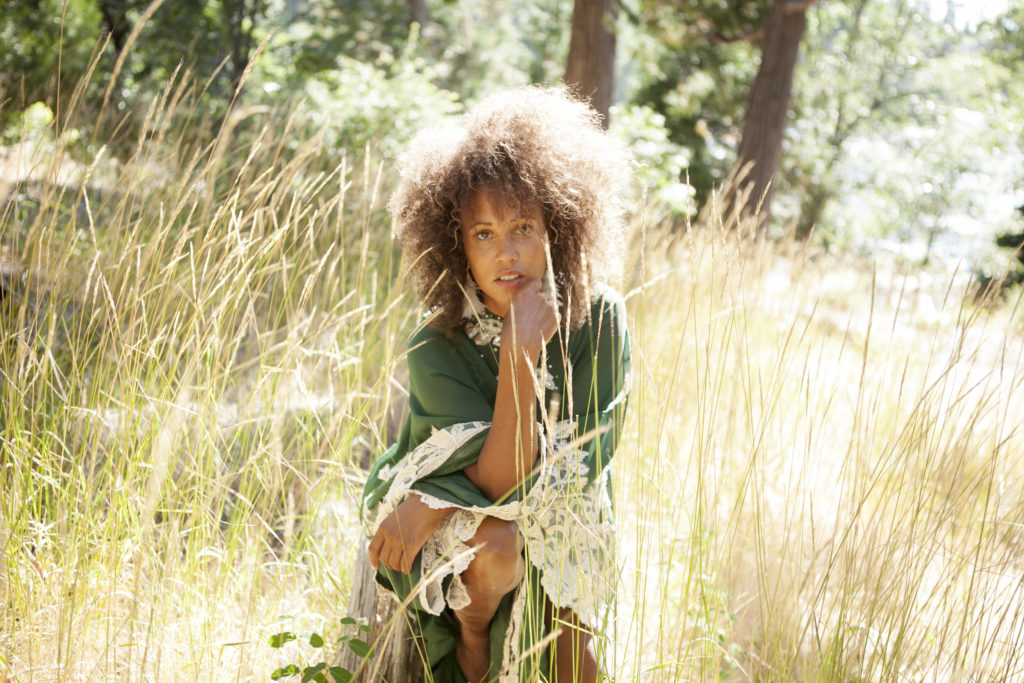
“Hair-Raising” Experiences
Until the aforementioned incident, I delighted in people touching my hair. It wasn’t one of the personal boundaries I minded occasionally being overstepped. I didn’t know to be offended by it. People had been asking to touch my hair since I was a kid doing international missions work with my family. Young Mexican kids would ask to touch my braids. Being a kid myself, I didn’t have a problem with it. I wasn’t offended by it because I didn’t think their intentions were to be offensive. My hair was different from theirs, so I understood, as much as a child could, their curiosity.
Few kids in my own neighborhood had hair like mine. And during my childhood years, I was only told one consistent message: your hair is so cool! People never made fun of it at school. And they didn’t touch without asking. I never had an experience that felt like mocking. It was only natural for me to think that people who don’t like you don’t touch you. That mentality shaped my life throughout my early adulthood.
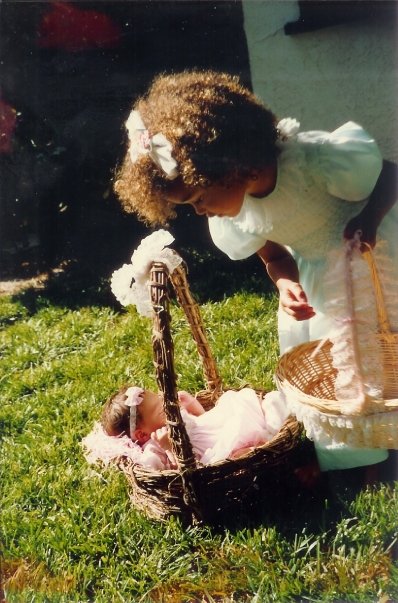
Interest Isn’t Impolite
From my perspective, we all have curiosities about experiences that vary from our own. That’s completely natural, and usually extremely innocent. That said, I don’t automatically assign a negative connotation to questions about my hair. Neither do I instantly consider it an affront to my personal boundaries. I believe I would miss out on a lot of great opportunities to connect with well-meaning people if my first response was anger.
Case in point: I recently sat down at a party and met a great couple who happened to be a Caucasian man and a Latinx man. They expressed how they loved my natural hair. They then showed me a photo of their biracial daughter who had hair like mine. “What do you do with it? How do you manage it?” they asked. We had a really fun conversation about how much conditioner to use, and how to hold their daughter’s hair while styling it. And yes, there was some hair-touching in the conversation. But, there was absolutely no ill will throughout our interaction.
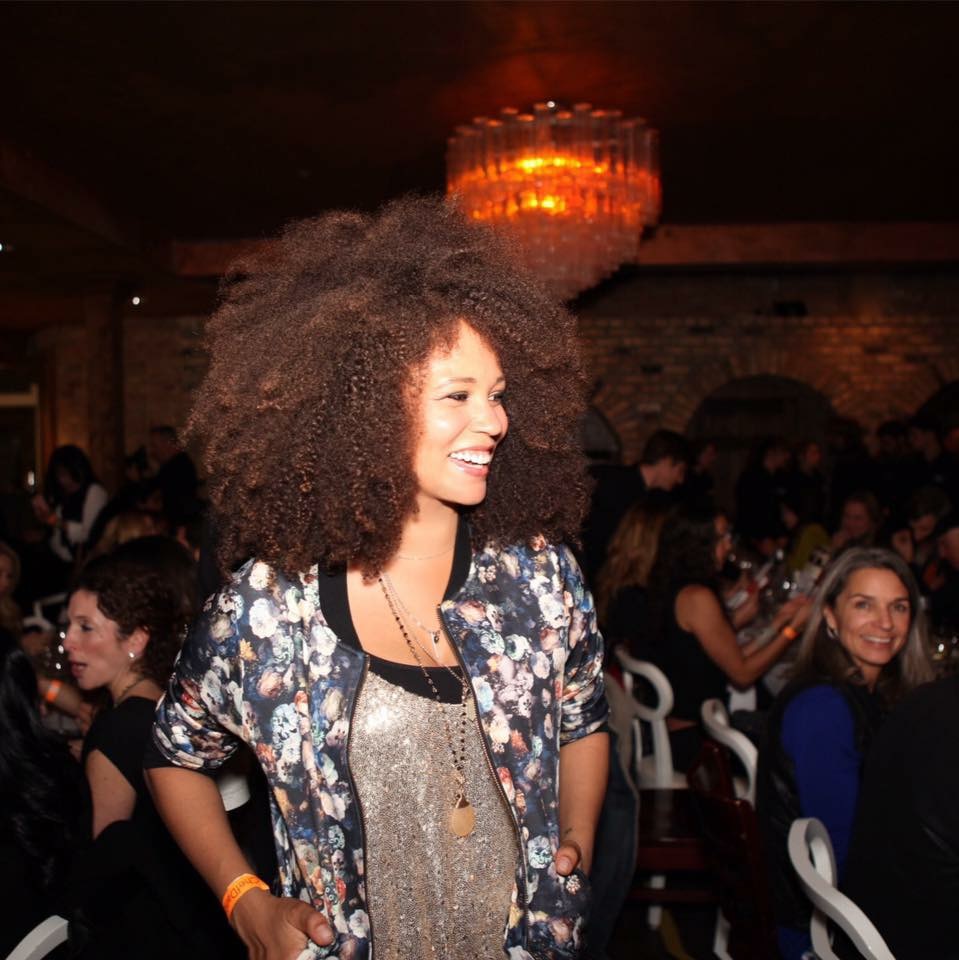
Nice, but Not Naive
Don’t get me wrong: I know there are certainly people who mean no good at all when they ask questions or want to touch others’ hair. They intend disrespect with their comments about different hair types or physical characteristics. Ignorant people like that are everywhere, but I’m not referring to them. I’m suggesting that there are more people who have a genuine interest in discovering more about something that feels less common to their personal experience. I think we should be careful not to assign malice to their innocent inquiries.
In interior design, my clients will often find furniture they love but aren’t familiar with. They will contact me to find out more about it: what it’s made of, general durability, specific color names, etc. All I get when I talk to them is that they saw something intriguing and wanted additional information. The same principle applies in those situations. People can admire things they know nothing about and be curious with no sinister undertones or motives.
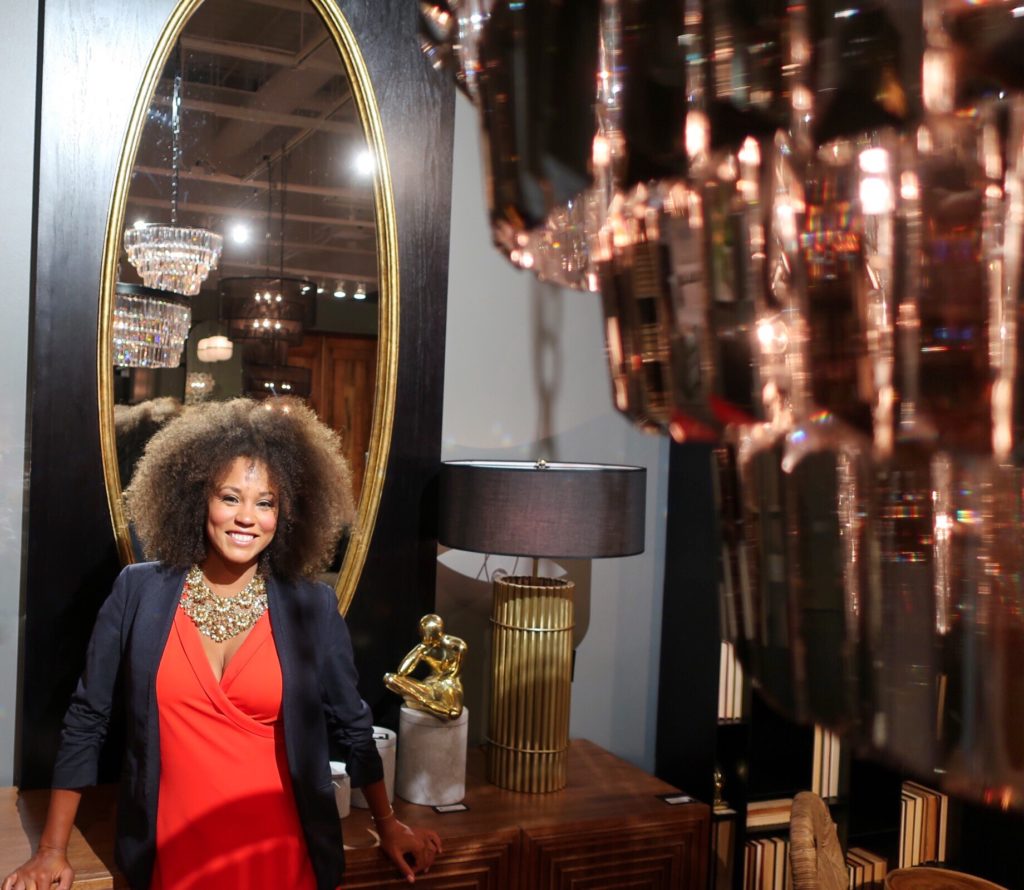
Respecting All Personal Boundaries
There’s been a lot of attention recently on the topic of touching someone’s hair, specifically regarding people of color. It is an important conversation, particularly because of our country’s complex history with race and socio-cultural inequity. However, I also believe there’s an adjacent conversation regarding personal boundaries that is just as important.
We all need to respect everyone’s boundaries. Anyone should have the choice to say, “I don’t want others to touch my hair.” That preference deserves to be appreciated and not seen as a negative, cold or stand-offish request. At the same time, my boundaries mean I love having my hair touched. I appreciate when people are interested in that part of me. It makes me happy to indulge someone’s curiosities in that way, and that should also be respected and appreciated. I choose not to assign malevolence to anyone’s natural curiosity about my hair. That choice shouldn’t color me clueless or naive.
Respecting personal boundaries is acknowledging that everyone is and will be different. Those differences, in my opinion, should provide a chance for learning, open conversation and genuine connection. Being transracially adopted allowed me to see diverse perspectives as a beautiful thing. I want my experiences and choices to be a safe space to facilitate learning—about whatever, for whomever. That in itself is a power to be used for good in the world.
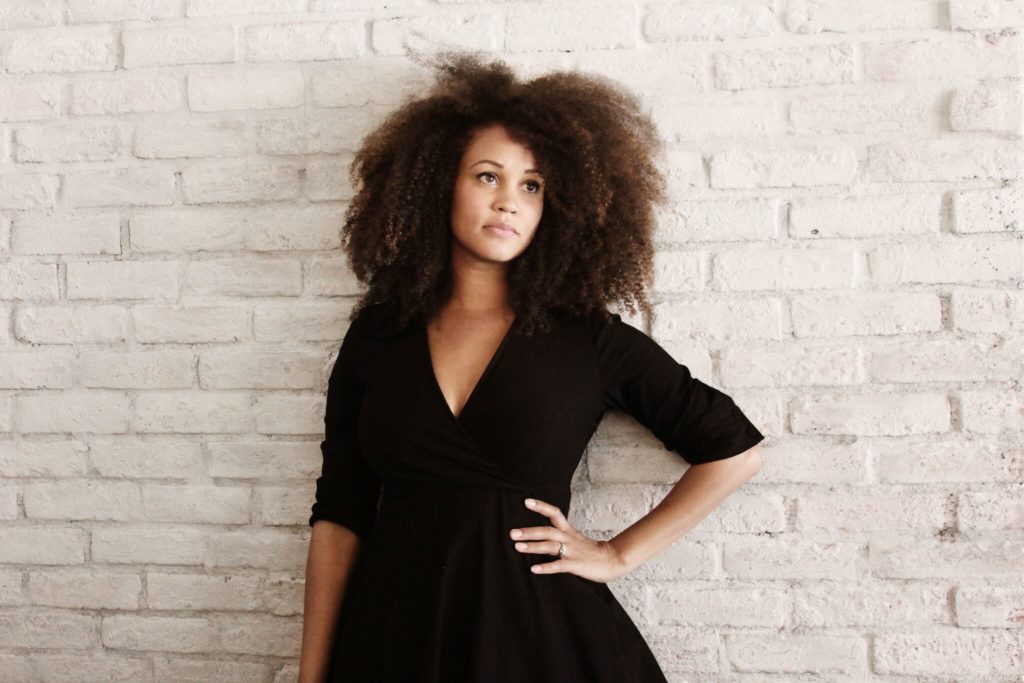

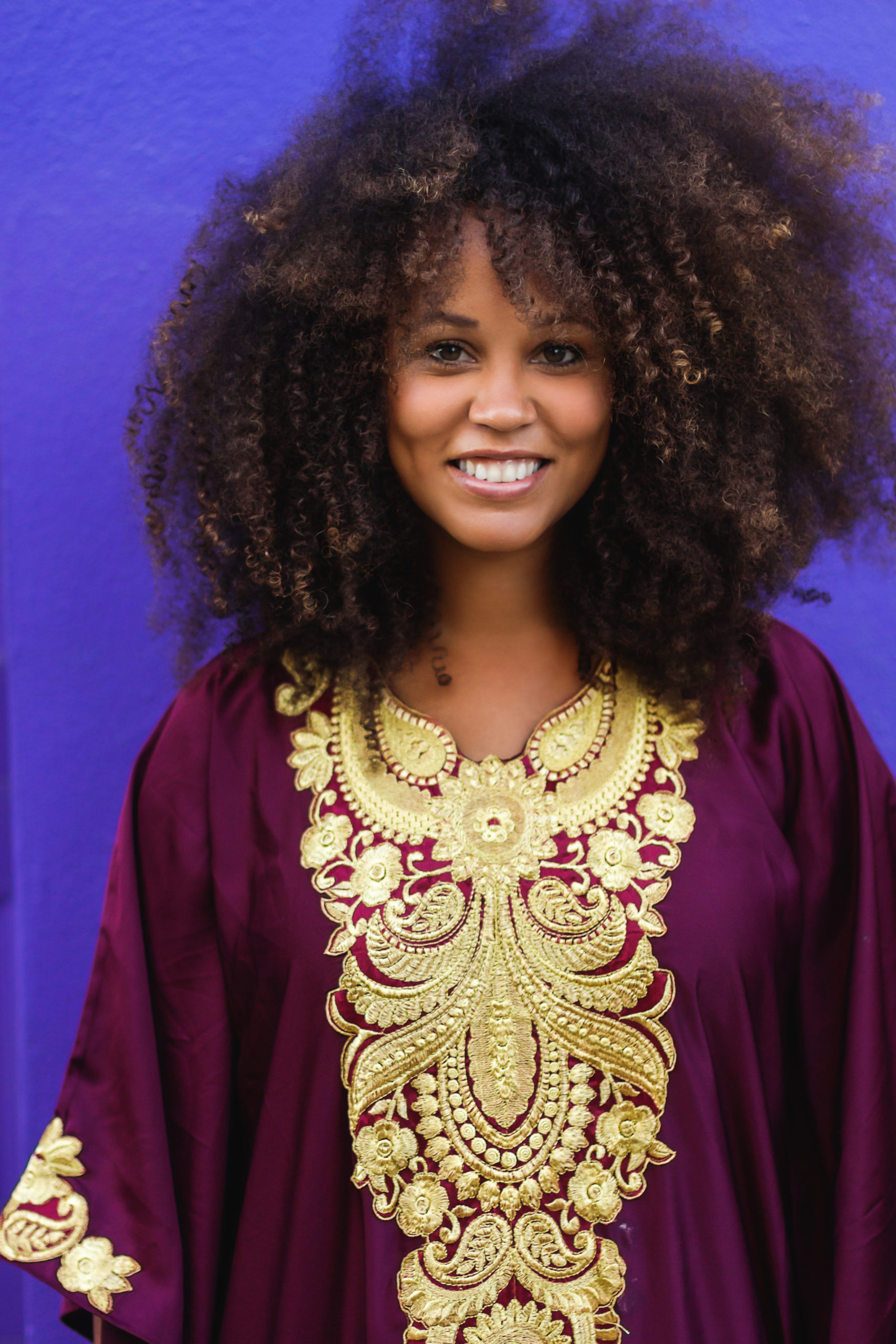



replies (0)